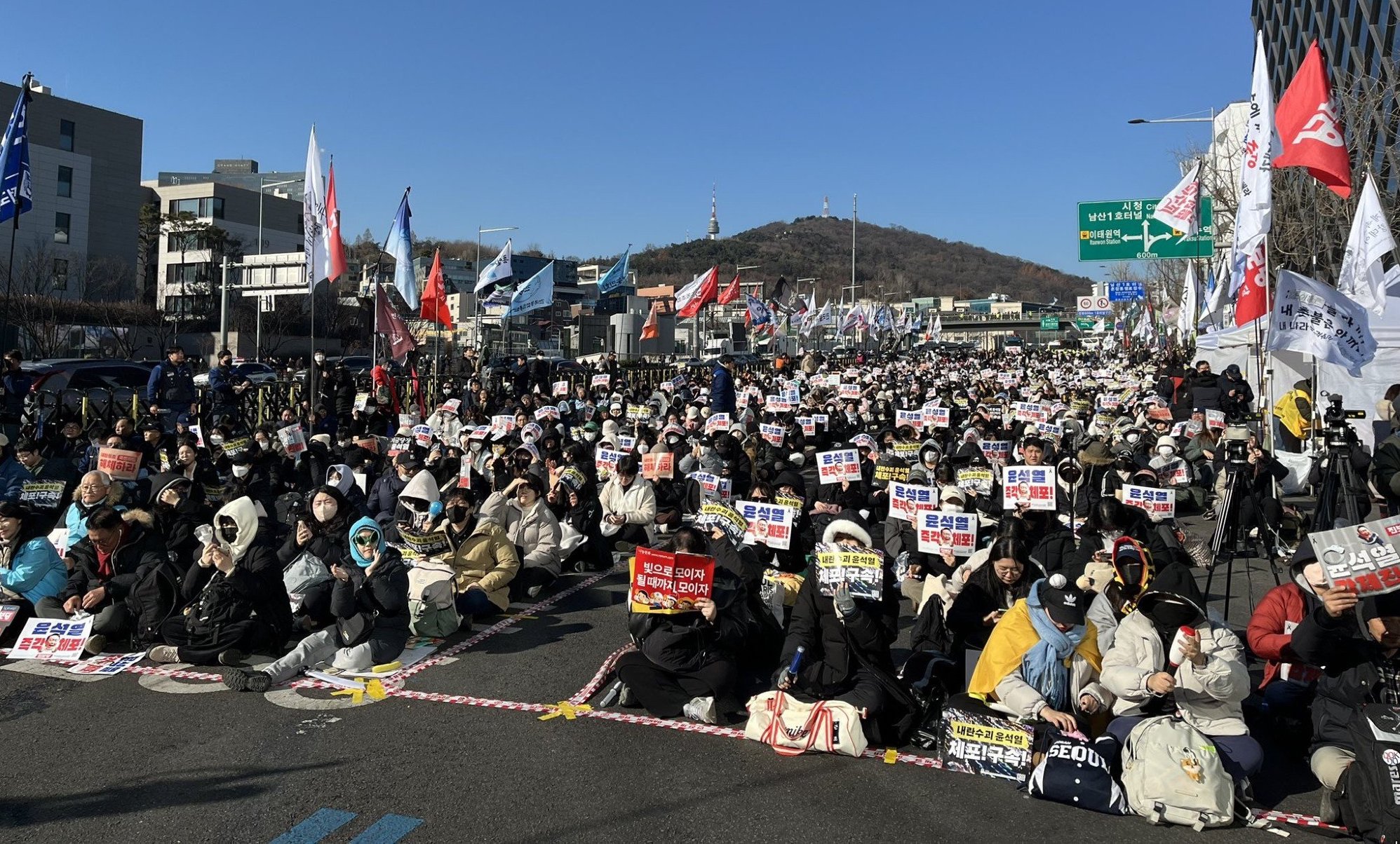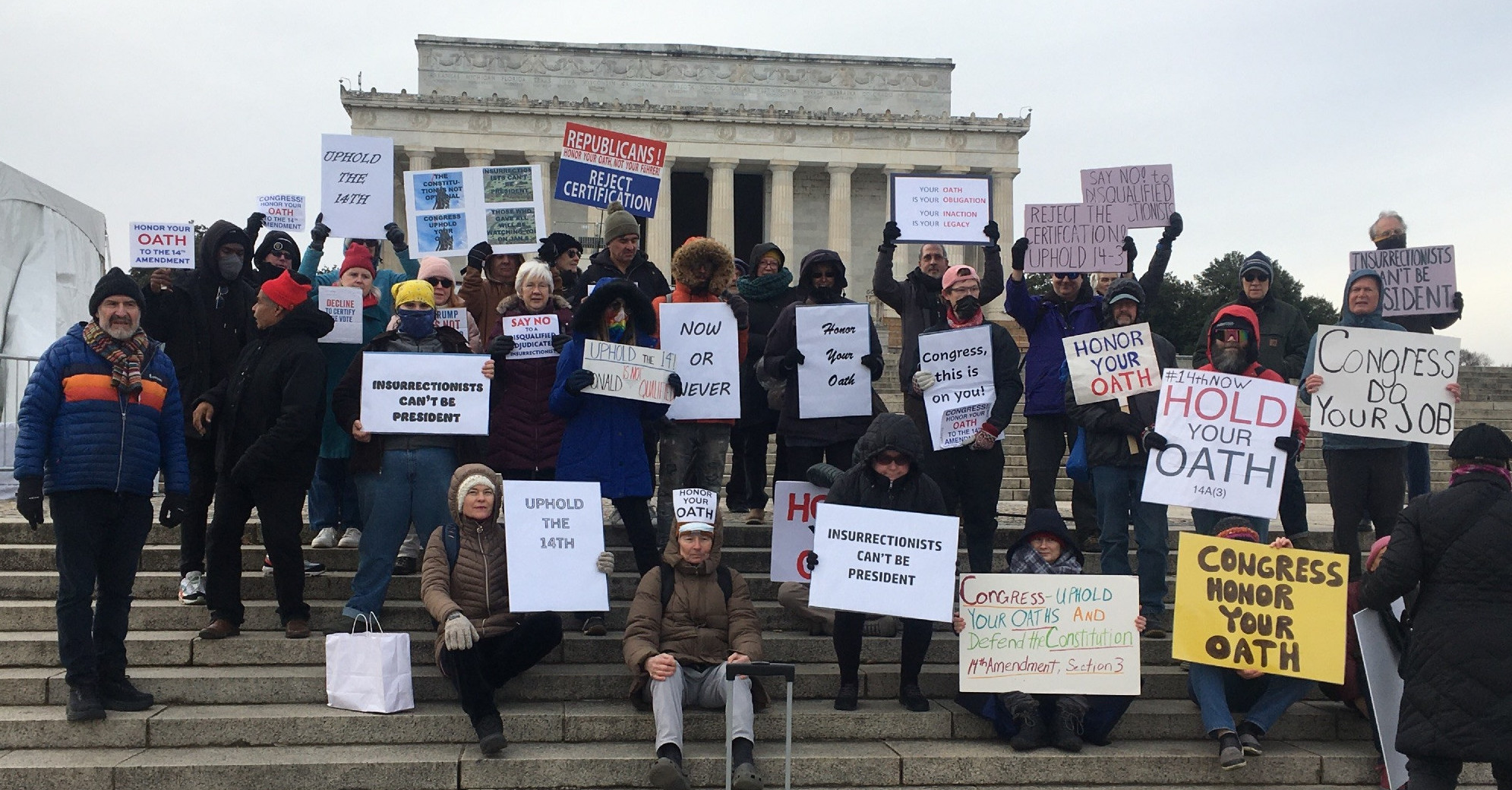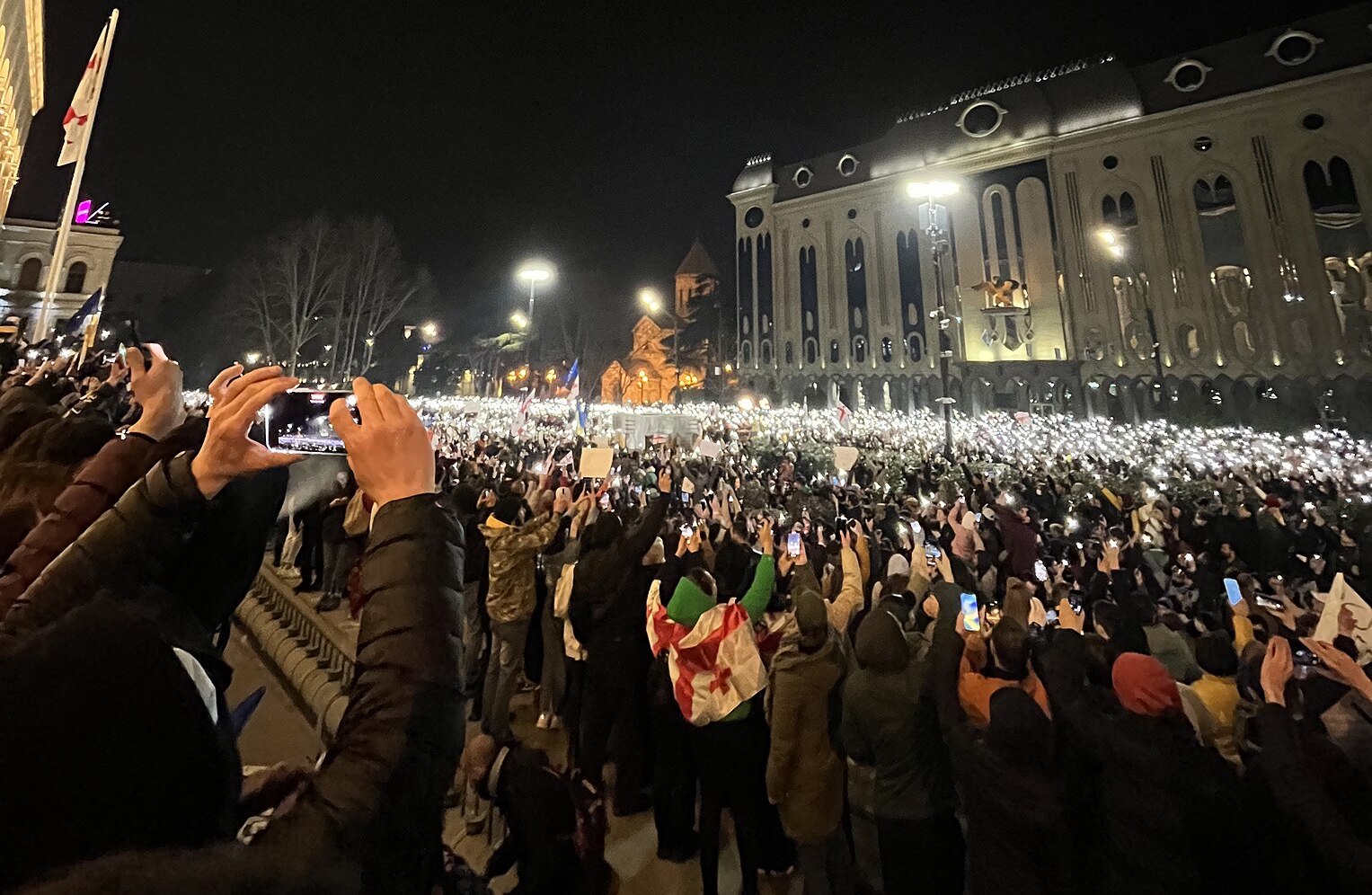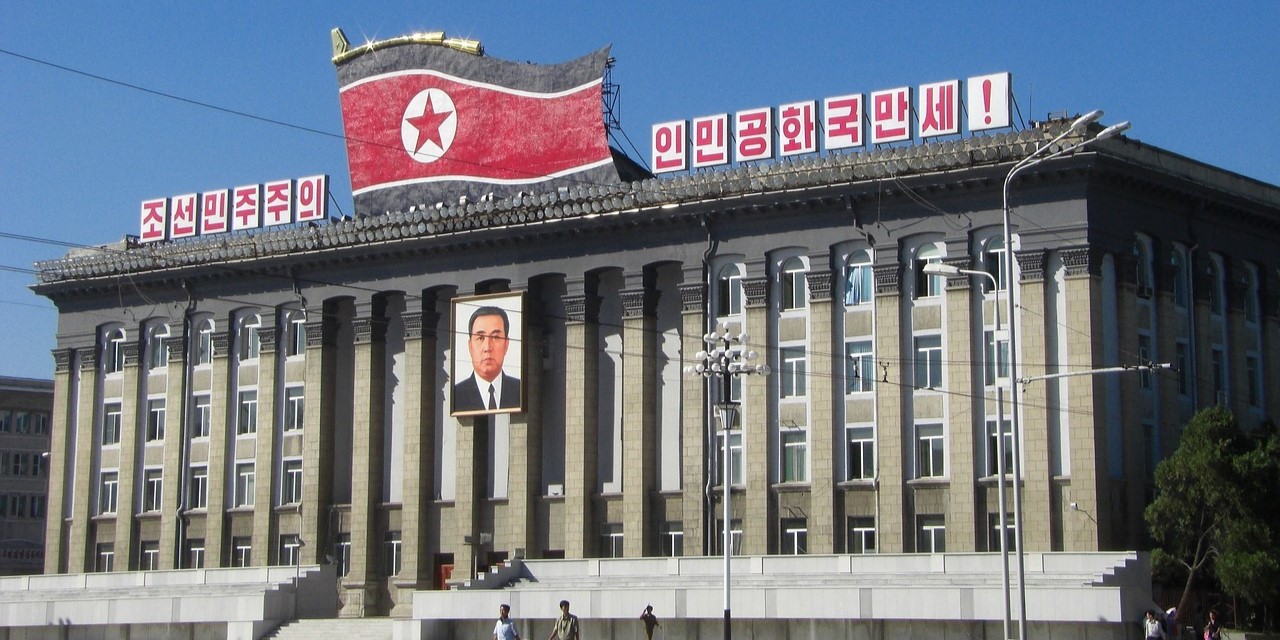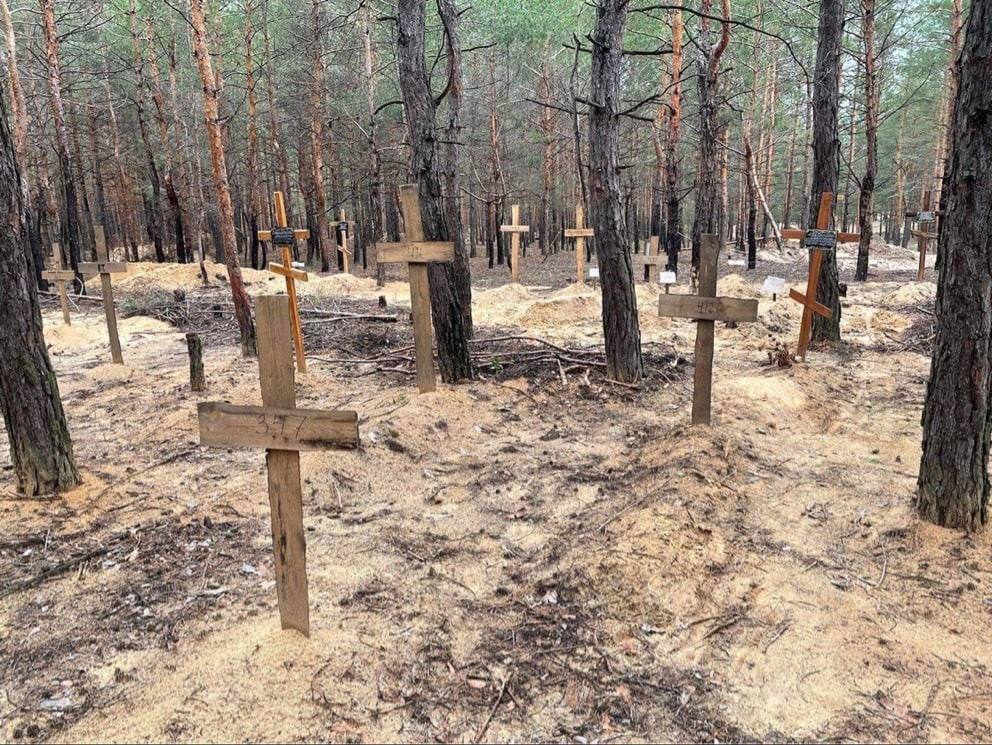
UN condemns ‘alarming’ global increase in executions
The UN Human Rights Office raised concern over a “sharp hike” in the number of executions globally in 2025. UN High Commissioner for Human Rights Volker Türk said his office “monitored an alarming increase in the use of the capital punishment in 2025, especially for offences not meeting the ‘most serious crimes’ threshold required under international law, the continued execution of people convicted of crimes committed as children, as well as persistent secrecy around executions.” The increase primarily came from executions for drug-related offenses in a small number of retentionist states. These are countries that continue to retain capital punishment, as opposed to the growing number of abolitionist states. which do not employ the death penalty. (Photo: ICHRI)



